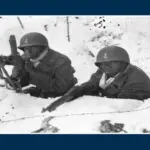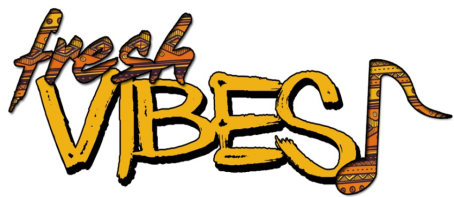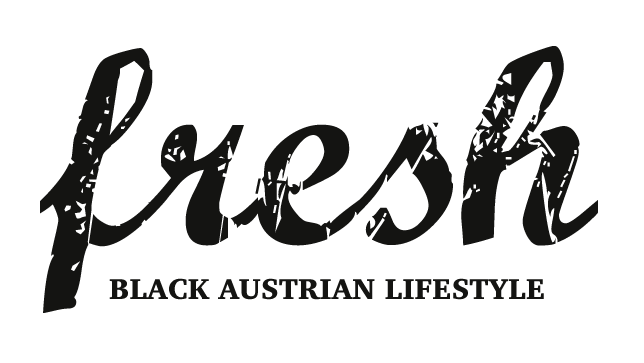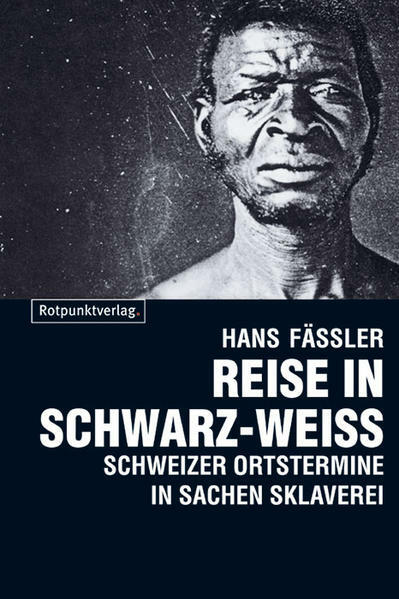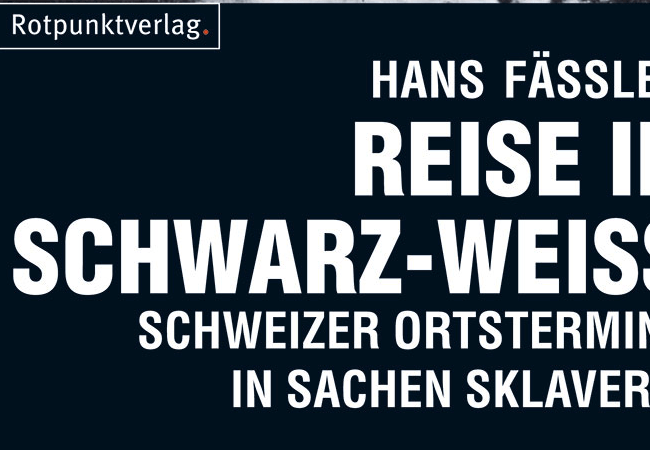Ending Violence Against Women and Girls Through an Intersectional Lense

An interview with Vanessa Mdluli
Today, 25 November 2025, marks the International Day for the Elimination of Violence Against Women and the start of the global 16 Days of Activism Against Gender-Based Violence campaign. Running from 25 November to 10 December, this campaign calls attention to the universal right to a life free from gender-based violence.
To begin, can you share with us a quote that exemplifies your motivation in your work against partner violence?
Vanessa Mdluli: „The world will not be destroyed by those who do evil, but rather by those who watch them and do nothing. (author unknown)“
Gender-based violence remains a persistent global issue. What do the current statistics tell us about its scale and impact?
Vanessa Mdluli: „Gender-based violence is a worldwide pandemic that affects people of all ages, races and religions in all corners of the world. Women in particular are prone to being victims to a larger extent when compared to men. In Austria, for instance, every 3rd woman from the age of 15 to 75 has experienced physical and or sexual abuse. For a small country like Austria, that amounts to almost 35% of the female population. These are very scary statistics that can show the severity of abuse on women.“
Why is community involvement so crucial in preventing partner violence?
Vanessa Mdluli: „As much as it is important for perpetrators to face the wrath of the law when it comes to abuse of women and children, it is also important that neighbours, communities and family members play an active role in the prevention of abuse. The societies we live in should never view gender-based violence as acceptable or normal. People need to step in and protect those who are vulnerable; for example, this can be done through Paradox Intervention. Paradox Intervention involves distracting the perpetrator whenever there are signs of abuse taking place. Neighbours can collectively go and ring the doorbell where the abuse is taking place and ask for something as simple as the time or sugar. This gives the neighbours a chance to analyse the situation before calling the police. However, it is important to never be confrontational, as that can be dangerous. We encourage people to never approach such situations alone, but rather to get more neighbours to accompany them. Calling the police directly without doing any intervention is also highly recommended.“
Black women and Women of Colour often face additional barriers when seeking support. Can you speak about these challenges and what needs to change?
Vanessa Mdluli: „Black women and Women of Colour are also disproportionately affected by gender-based violence, as many find themselves being forced to stay in toxic relationships due to family, culture, religious and societal expectations. Many of these women are treated as outcasts when they leave their abusive husbands and viewed as failures who failed to keep their marriage together. This mental bondage needs to stop, as a lot of women die in these abusive marriages. The worst part is that they would have cried for help from family members, but were told to persevere, as relationships are not easy. BIPOC [Black, Indigenous and People of Colour] women need to be supported and believed whenever they ask for help, not only by the family and society, but also by law enforcement, who need to not downplay their pain or blame them for the abuse.“
For readers who may not be familiar with StoP, could you give us an overview of the project’s origins and how it has grown across Europe?
Vanessa Mdluli: „The StoP project has made tremendous milestones since its creation in Hamburg, Germany by Prof.Dr. Sabine Stövesand. The project materialised from a PhD dissertation into a tangible, tried-and-tested approach to community involvement to bring enlightenment to the issue of partner violence. The Project was introduced to Austria in 2019 and started in Vienna’s 5th district. Since then, it has continued to expand, and there are now 33 StoP locations across Austria. We have also made it a priority to not only limit Stop to Germany and Austria but also export it to other European countries. The Association of Autonomous Austrian Women’s Shelters (AÖF) is leading the EU Project titled StoP-Community matters. Together with the project team, we have designed a StoP toolbox and StoP curriculum that will be used as the foundation to train and implement StoP in selected EU partner countries. We look forward to the extension of the StoP concept in many countries, and we believe it will make a huge difference in the way people approach the issue of domestic violence and partner abuse.“
How does representation make a difference in violence prevention, and how is StoP working to strengthen this?
Vanessa Mdluli: „Representation means everything in today’s world. People need to feel they belong and are included, rather than being sidelined. When it comes to violence prevention, we, as StoP, ensure that minority groups are included in the activism work we do. We incorporate their grassroots initiatives and suggestions on how best to tackle domestic abuse and partner violence in their communities. We understand that many feel there is an over-representation of their communities when something bad happens, which creates cognitive biases in the minds of many, creating the problem of „othering“, where people who do not come from minority groups believe that things as abuse or femicide are created by people from certain religions, races and nationalities. We at StoP constantly have to remind people of the statistics available that abuse knows no religion or skin colour; everyone is capable of being an abuser and a victim of abuse. Pointing fingers at others enables the problem to be hidden and perpetuated, as people start living in a constant state of denial about what a perpetrator should look like, when in fact it can be anyone. Addressing such biases and engaging and involving various communities makes a huge difference in the effectiveness of our work, as everyone feels they can also be part of the solution.“
What does a ‘safe space’ mean in your work, and how do you bring this to life?
Vanessa Mdluli: „Safe spaces to me mean creating an atmosphere of safety, acceptance, non-judgment and freedom to be. Many underestimate the value of such spaces, which in turn excludes people who are in desperate need of such spaces, maybe due to past traumas, racism, and abuse. StoP BIPOC offers such safe spaces whenever we host events, round table talks, as well as other forms of activism. The point is to make those who attend feel safe and know that they are people around who care and pass no judgment.“
What has worked best in reaching and empowering BIPoC communities through StoP?
Vanessa Mdluli: „We do a lot of workshops with the BIPOC Community. These workshops are not only informative but also very engaging for participants, as we meet everyone at eye level and discuss various forms of abuse, rights, and Austrian laws regarding violence prevention. Another activity we do to engage BIPOCs is the yearly Paint and Sip creative workshop against the abuse of women. This is a well-loved event we host once a year, inviting women to relax as they paint, eat, and drink while discussing the issue of gender-based violence. The atmosphere is always relaxing but heavy at the same time as women tackle the issue of abuse and how it has affected them. At the end of the event, many women interpret their paintings, and some share their experiences and triumphs. The Event is empowering and worth attending.“
What kind of feedback have you received from the community?
Vanessa Mdluli: „We get a lot of positive feedback from the BIPOC community, as they are happy to know that there is a place specifically made for them to be active and contribute to their own communities. They know that they are around a caring community in a safe space where they can put their guard down and be themselves.“
What message would you like to share with women and communities who may be facing or witnessing partner violence?
Vanessa Mdluli: „As StoP, we are in no way a substitute for existing organisations that offer counselling as well as women’s shelter services or other specialist services. Our role is to support existing organisations by being the link that provides information to the neighbours, community and people affected or those who may know someone affected by domestic abuse. Our role is to bring enlightenment to the issue of women’s abuse and femicides. We encourage women who are affected or may know anyone affected to contact the Frauen Helpline at 0800 222 555 for assistance and advice when in need and in doubt. The Frauen Helpline is available 24/7, 365 days a year, anonymously and free of charge in the whole of Austria. For those who are unable to make calls, there is an online portal called Helpchat, which is available at HALTDERGEWALT. This is also free and anonymous and has a wide range of languages available.“
What changes do you hope to see from this work in the future?
Vanessa Mdluli: „I hope to see more engagement from the community, making use of resources available to them. I look forward to reaching out to more communities from various countries and helping as many women as possible who are affected by partner abuse but fear leaving due to societal pressures and expectations.“
#########
More about the project here: https://www.stop-partnergewalt.at/stop-wien/
Image Credits: StoP project
The following interview, conducted in February of this year, spotlights Vanessa Mdluli, coordinator for Vienna’s 14th district within the StoP – Stadtteile ohne Partnergewalt (translated: Neighbourhoods Without Partner Violence) project. She discusses her work, the challenges of preventing partner violence at the neighbourhood level, and the importance of community engagement in creating safer environments.
Disclaimer: The views and opinions expressed in this interview are those of the interviewee and do not necessarily reflect the official position of the StoP project.
Image Credits: StoP project


